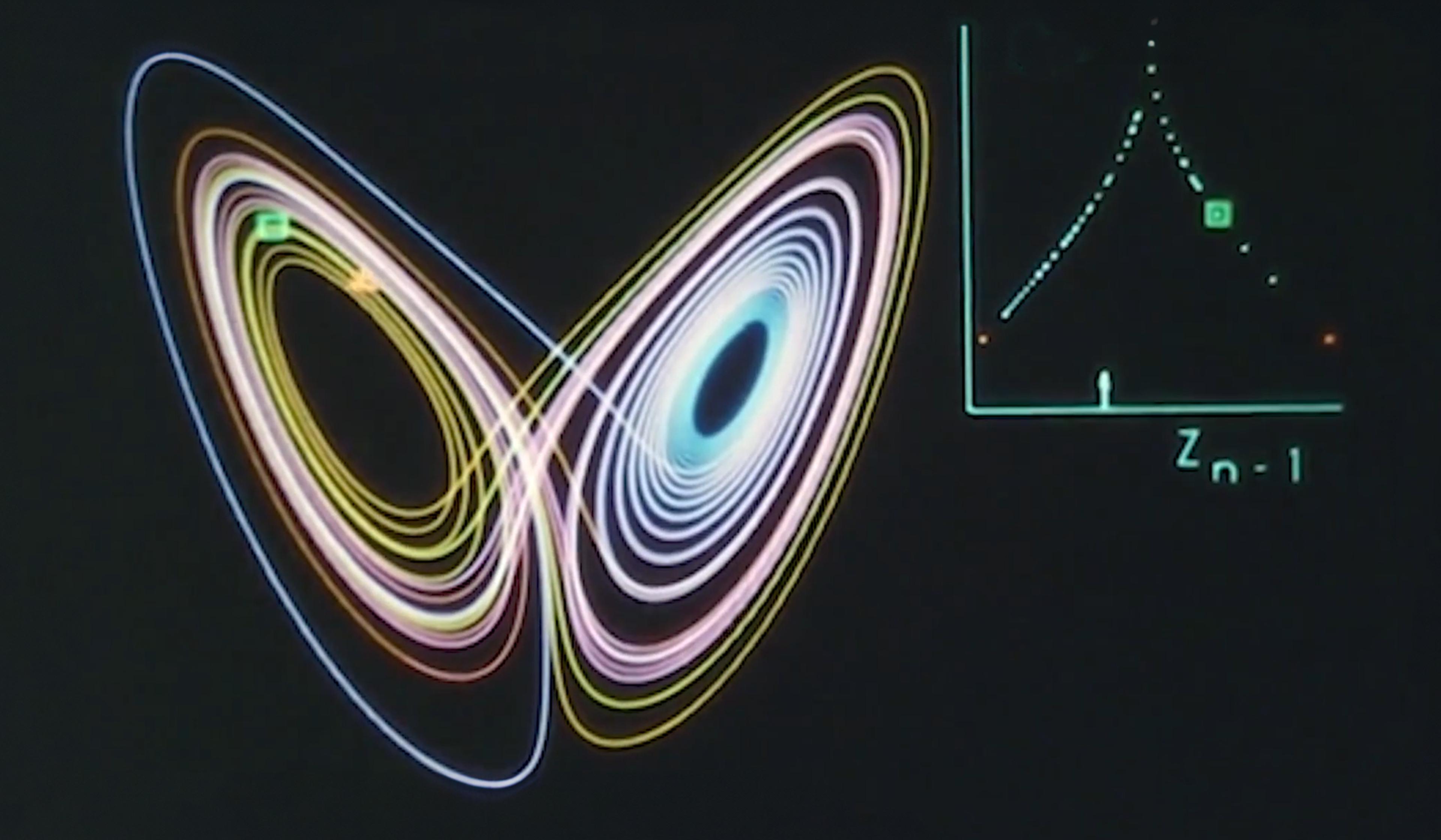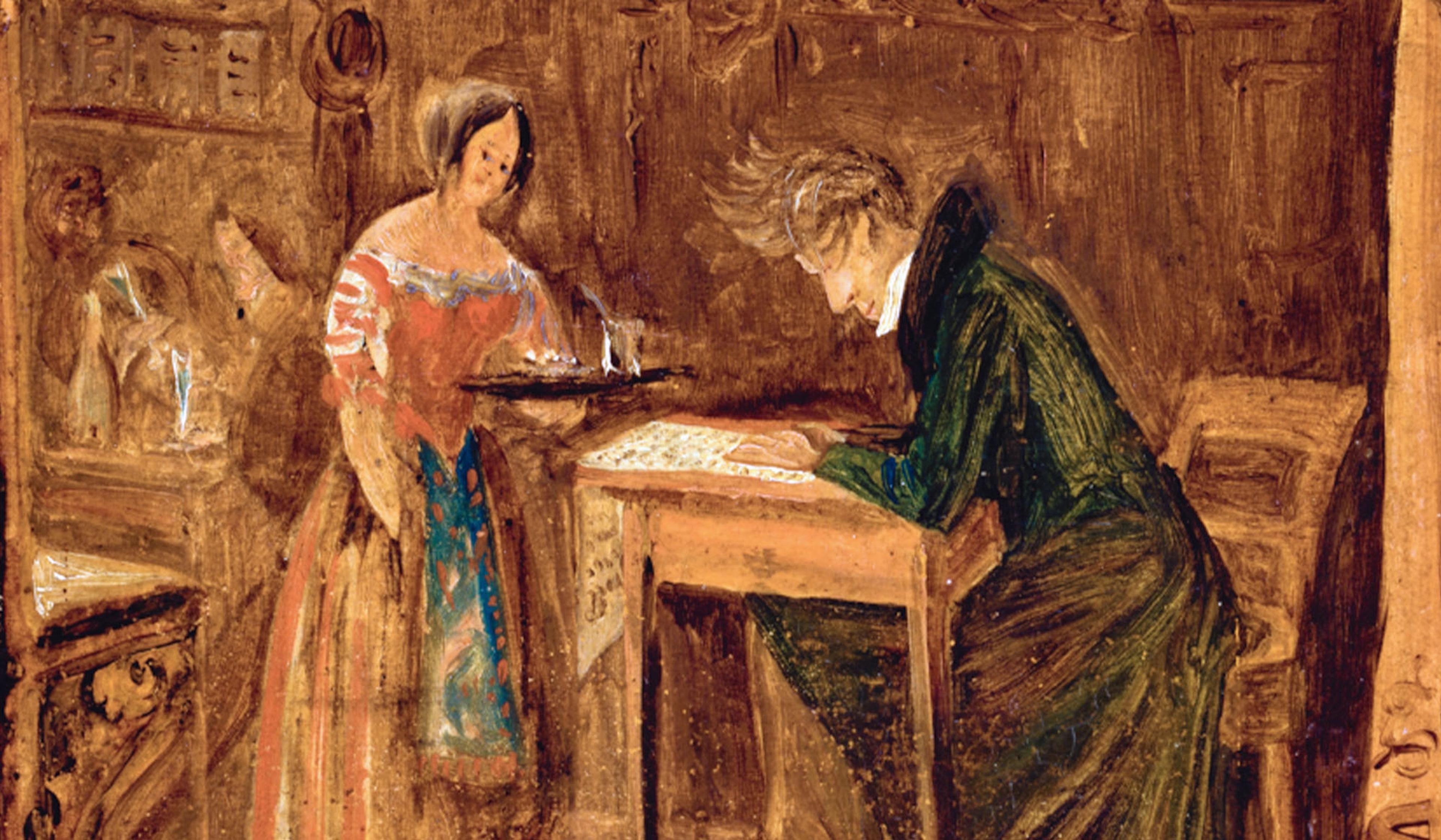In René Descartes’s landmark work Meditations on First Philosophy (1641), a narrator sets out to dispense with beliefs that can’t be accepted as true for certain. This disqualifies sensory experience, with all its faults, and eventually even the principles of mathematics, which an omnipotent evil being could conceivably manipulate him into believing. Then, contemplating what could possibly be certain, the narrator concludes he undeniably exists as ‘a thing which thinks’. This premise – later summed up as ‘cogito, ergo sum’, or ‘I think, therefore I am’ – is one of the most influential concepts in the history of ideas and, in its forced distinction between mind and body, lies at the foundation of contemporary philosophy of mind. This experimental video essay from Epoché Magazine pairs text excerpted from the book’s Second Meditation, in which the narrator arrives at this initial kernel of absolute truth, with a haunting score and vintage visuals that cleverly draw on themes of selfhood and the uncertainties of sensory experience.
‘Am I not at least something?’ A surreal dive into Descartes’s Meditations
Video by Epoché Magazine

videoThinkers and theories
Bernard Williams on Descartes’s audacious endeavour to prove knowledge is possible
43 minutes

videoMetaphysics
Simple entities in universal harmony – Leibniz’s evocative perspective on reality
4 minutes

videoThinkers and theories
Henri Bergson on why the existence of things precedes their possibility
3 minutes

videoHistory of ideas
I am, therefore I think – how Heidegger radically reframed being
13 minutes

videoPhilosophy of mind
Embodied cognition seems intuitive, but philosophy can push it to some strange places
14 minutes

videoPhilosophy of mind
Your body is scanned, destroyed, then reproduced. Do ‘you’ live on the copy?
13 minutes

videoHistory of ideas
Socrates believed self-knowledge was essential. Today, we wonder if there’s even a self to know
2 minutes

videoKnowledge
Want to think for yourself? Start with an agonising state of doubt, says Kierkegaard
7 minutes

videoMetaphysics
Knowing if you’re awake seems simple. Why has it vexed philosophers for centuries?
5 minutes